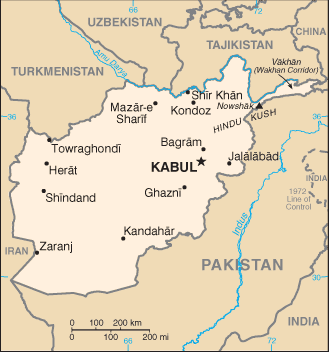Years of efforts and repeated reports of major initiatives to kickstart the peace process with the Taliban have convinced the Afghan government that the US should be close to the conclusion of a deal.
 That’s going to be tough, however, reported US Ambassador James Cunningham, who conceded that not only is a deal no imminent, but the talks haven’t “even really begun” yet.
That’s going to be tough, however, reported US Ambassador James Cunningham, who conceded that not only is a deal no imminent, but the talks haven’t “even really begun” yet.
Rather the US-Taliban effort seems inexorably stalled in the preliminary stages, where it has been for several years. Instead, Cunningham suggested the US may push the Karzai government’s alternative talks, hoping to help get them underway instead.
The Pakistani government has been helping Afghanistan’s “alternate track” talks, while the US has mostly ignored the process and the Taliban has insisted they prefer negotiating with the US occupation forces instead of what they see as a “puppet” regime. With the US talks never really materializing, however, it may be that the Karzai talks will be the only game in town.


